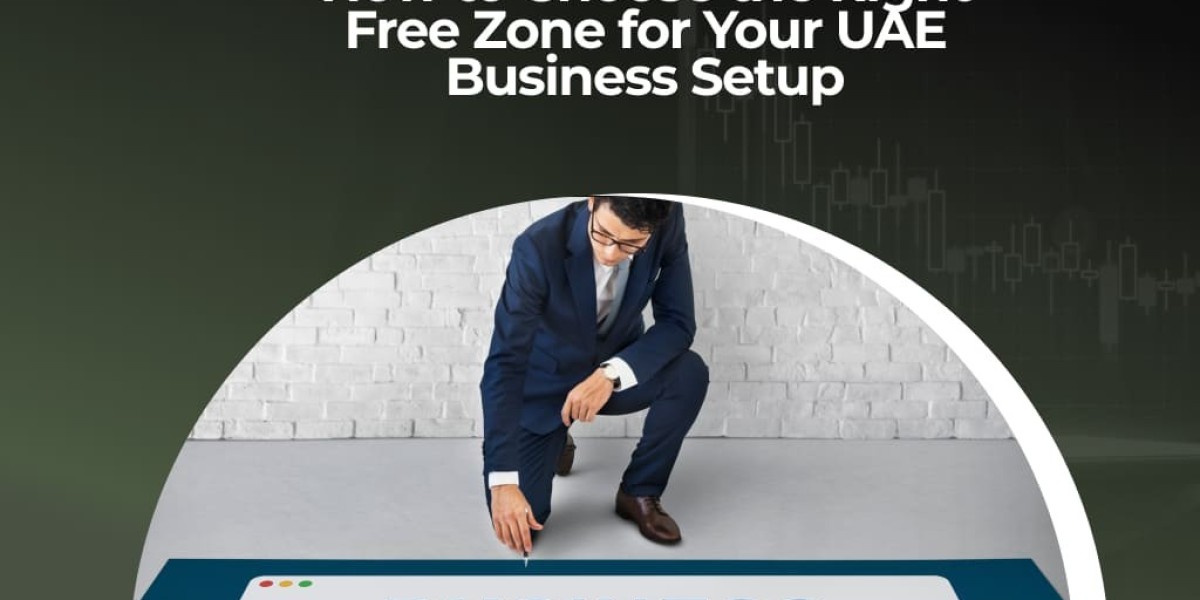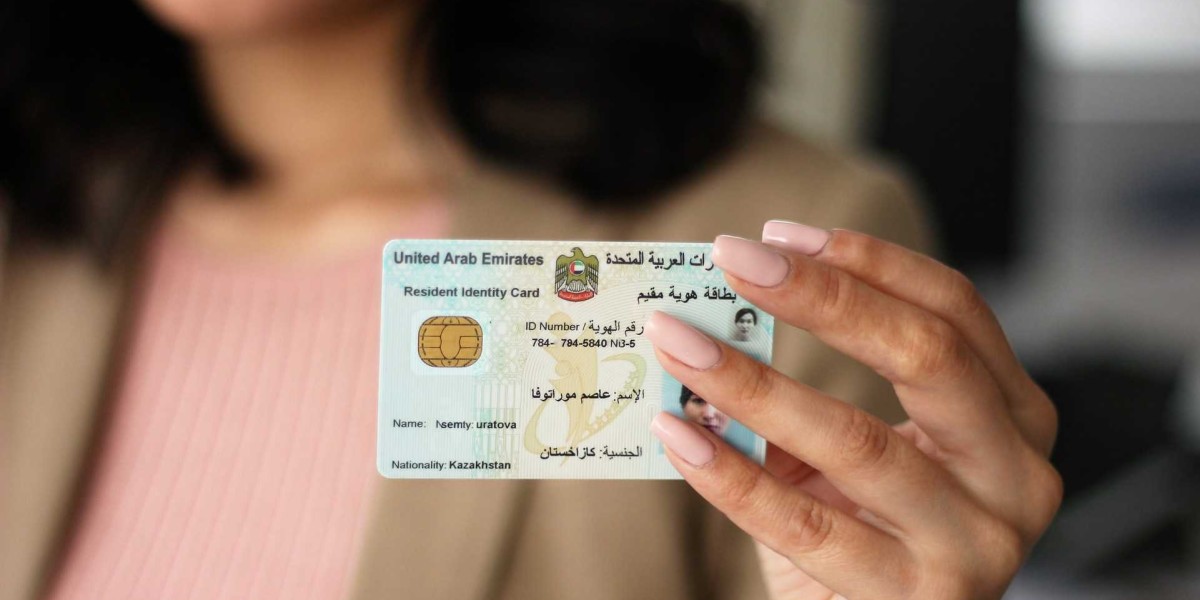Introduction
The United Arab Emirates (UAE) has established itself as a global business hub, attracting entrepreneurs, startups, and multinational corporations. One of the most attractive options for investors is a freezone business setup, offering numerous benefits such as tax exemptions, 100% foreign ownership, and simplified procedures. Whether you are exploring business setup in UAE free zone for trading, services, or industrial purposes, free zones like JAFZA, DAFZA, DUQE Dubai, and IFZA provide flexible opportunities to thrive in the Middle East and beyond.
This article will provide you with a detailed step-by-step process for free zone business setup, highlight the benefits of each step, and explore the requirements for successful company formation.
Why Choose a Freezone in UAE?
Before diving into the process, it’s essential to understand why free zones are so popular:
100% Ownership – Unlike mainland businesses, investors retain complete ownership.
Tax Benefits – No corporate or personal income tax, plus zero customs duty.
Strategic Location – UAE free zones provide global connectivity through air, sea, and land.
Simplified Procedures – Easy licensing, visa services, and office space options.
Variety of Zones – From JAFZA company formation for logistics to DAFZA company setup for aviation-linked industries, each free zone caters to specific sectors.
Step 1: Choose the Right Free Zone
The UAE has over 40 free zones, each designed for different industries. Your choice depends on your business activity, budget, and target market.
JAFZA (Jebel Ali Free Zone Authority): Ideal for logistics, trading, and industrial companies. A JAFZA company formation allows access to the region’s largest port and excellent infrastructure.
DAFZA (Dubai Airport Free Zone Authority): Perfect for businesses that benefit from proximity to Dubai International Airport. A DAFZA company setup is common for aviation, trading, and tech industries.
DUQE Dubai: A modern free zone located on Queen Elizabeth 2, catering to startups, freelancers, and SMEs with flexible licensing packages.
IFZA (International Free Zone Authority): Popular for cost-effective licensing. Many investors consider the IFZA license cost because it is one of the most affordable in Dubai.
Step 2: Select the Type of Business Activity
Each free zone has specific permitted activities. Defining your business scope ensures compliance with regulations.
Trading Companies: Import/export, distribution, or retail.
Service Providers: Marketing agencies, consultancies, IT services.
Industrial/Manufacturing: Production, packaging, or assembly.
By aligning your activity with the right free zone, you avoid legal issues and streamline approvals.
Step 3: Decide on Legal Structure
Free zones allow different legal structures depending on ownership and requirements:
FZE (Free Zone Establishment): Single shareholder.
FZC (Free Zone Company): Two or more shareholders.
Branch Office: For companies expanding from outside UAE.
For example, a JAFZA company formation can be either a Free Zone Establishment or a Free Zone Company, depending on the number of stakeholders.
Step 4: Choose Your Trade Name
Your company’s trade name must comply with UAE regulations:
No offensive or religious terms.
Should reflect your business activity.
Must be unique and not already registered.
Registering a trade name is usually done through the free zone authority’s portal.
Step 5: Apply for a Business License
The license defines your company’s scope of work. Major types include:
Commercial License – For trading.
Service License – For professional services.
Industrial License – For manufacturing.
For startups, checking the IFZA license cost is important since it is considered one of the most budget-friendly options.
Step 6: Arrange Office Space
Free zones offer different options depending on your needs:
Flexi-Desks: Cost-effective and ideal for startups or freelancers.
Serviced Offices: Ready-to-use workspaces with utilities included.
Warehouses & Industrial Units: Available in zones like JAFZA for large-scale businesses.
For instance, DUQE Dubai provides innovative workspace solutions for entrepreneurs who prefer flexible office arrangements.
Step 7: Submit Documents for Approval
The required documentation usually includes:
Passport copies of shareholders and directors.
Application form.
Business plan (sometimes required).
Memorandum of Association (MOA) and Articles of Association (AOA).
Bank reference letter (depending on the free zone).
Each free zone may request specific documents, so it’s crucial to check with the authority.
Step 8: Open a Corporate Bank Account
After license issuance, you must open a corporate bank account in the UAE. Major banks such as Emirates NBD, Mashreq, and First Abu Dhabi Bank provide corporate services.
Free zone businesses, including DAFZA company setup or JAFZA company formation, often benefit from streamlined banking support facilitated by the authority.
Step 9: Apply for Visas
Free zones offer visa quotas depending on your office size. For example:
Flexi Desk: 1–3 visas.
Office Space: Larger spaces allow more visas.
This process includes medical tests, Emirates ID registration, and residency stamping.
Step 10: Begin Operations
Once your license, visas, and bank account are in place, you are ready to operate. Free zones also provide access to networking events, business communities, and government support to help your company grow.
Benefits of Free Zone Business Setup
Global Market Access – Especially with JAFZA company formation connected to the Jebel Ali Port.
Tax Efficiency – Save on profits and reinvest in your company.
Low Entry Costs – The IFZA license cost makes it easier for startups.
Flexibility – Zones like DUQE Dubai and DAFZA company setup provide options for both small startups and large enterprises.
Frequently Asked Questions (FAQs)
1. How much does it cost to set up a company in a UAE Free Zone?
The cost depends on the chosen free zone, business activity, and license type. For example, the IFZA license cost is among the lowest, starting from AED 11,500, while JAFZA company formation or DAFZA company setup may require higher investment due to premium infrastructure.
2. Can I trade outside the UAE with a free zone company?
Yes. A business setup in UAE free zone allows you to trade internationally without restrictions. However, if you want to trade directly within the UAE mainland, you may need a local distributor or agent.
3. What is the difference between DUQE Dubai and other free zones?
DUQE Dubai is unique because it is located on the Queen Elizabeth 2 cruise ship, offering flexible workspace and licensing options specifically designed for freelancers, startups, and SMEs. Unlike traditional zones like JAFZA or DAFZA, DUQE focuses more on innovation and affordability.
Conclusion
Setting up a business in a UAE free zone is a strategic move for entrepreneurs and corporations aiming to expand globally. The process—from choosing the right free zone, deciding on business activity, obtaining a license, and opening a bank account—can be completed in a streamlined manner with the right guidance. Whether you choose JAFZA company formation for logistics, DAFZA company setup for aviation-linked businesses, DUQE Dubai for startups, or consider the IFZA license cost for affordability, the UAE free zones offer unmatched opportunities for growth.
By following this step-by-step guide, investors can ensure a smooth freezone business setup and take advantage of the UAE’s world-class infrastructure, business-friendly policies, and strategic global position.







